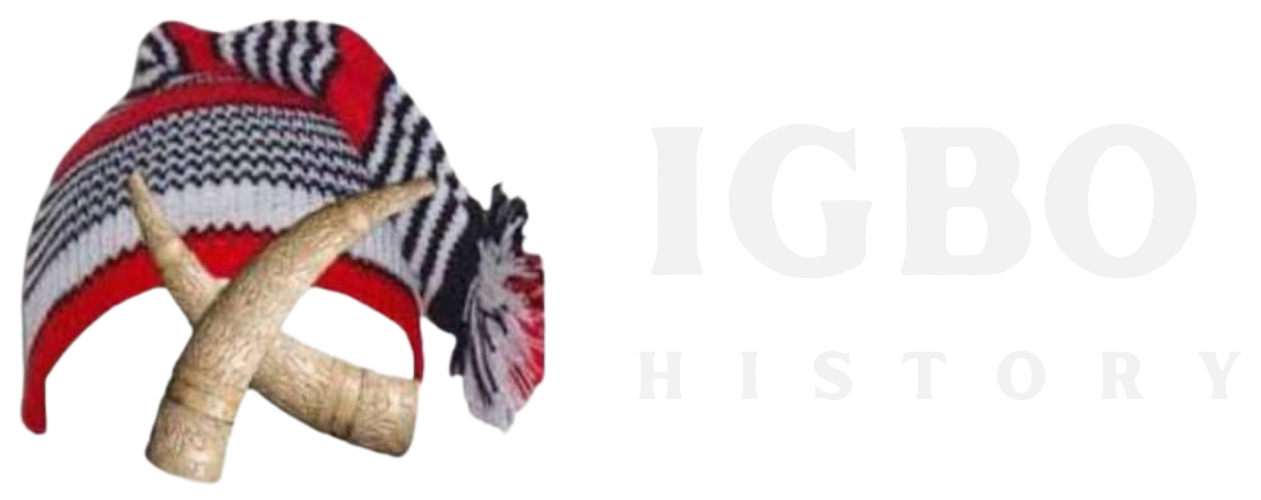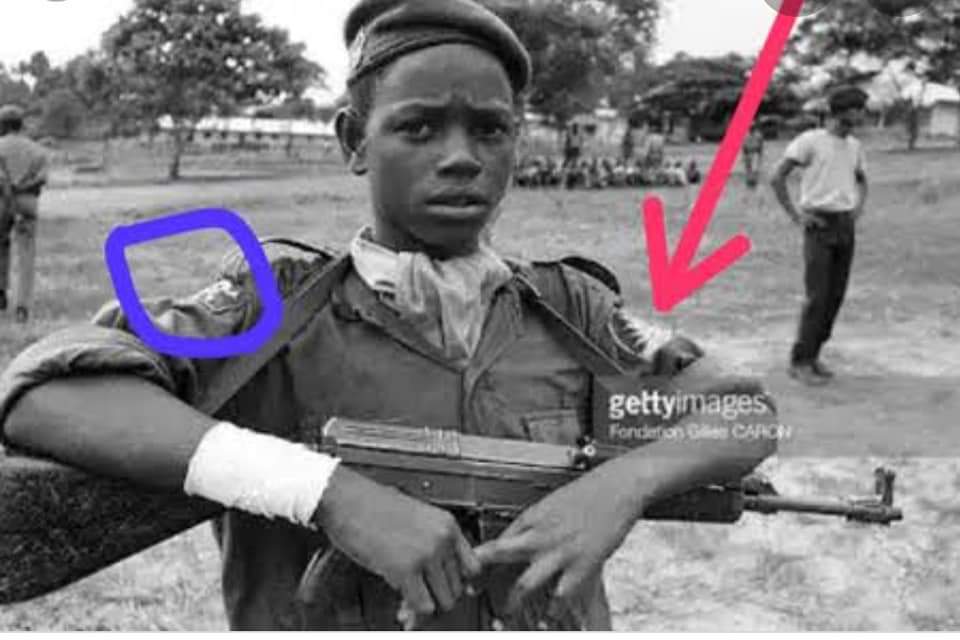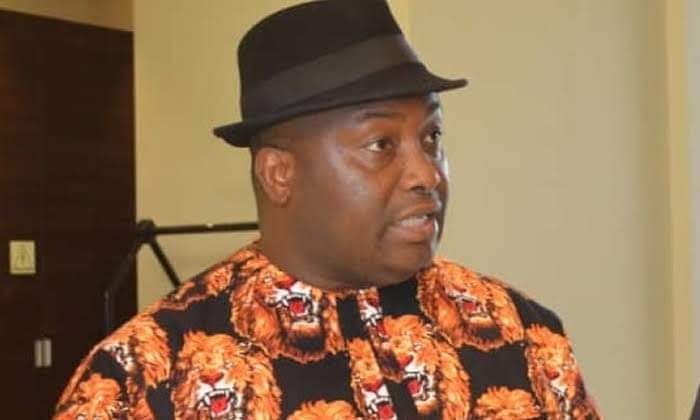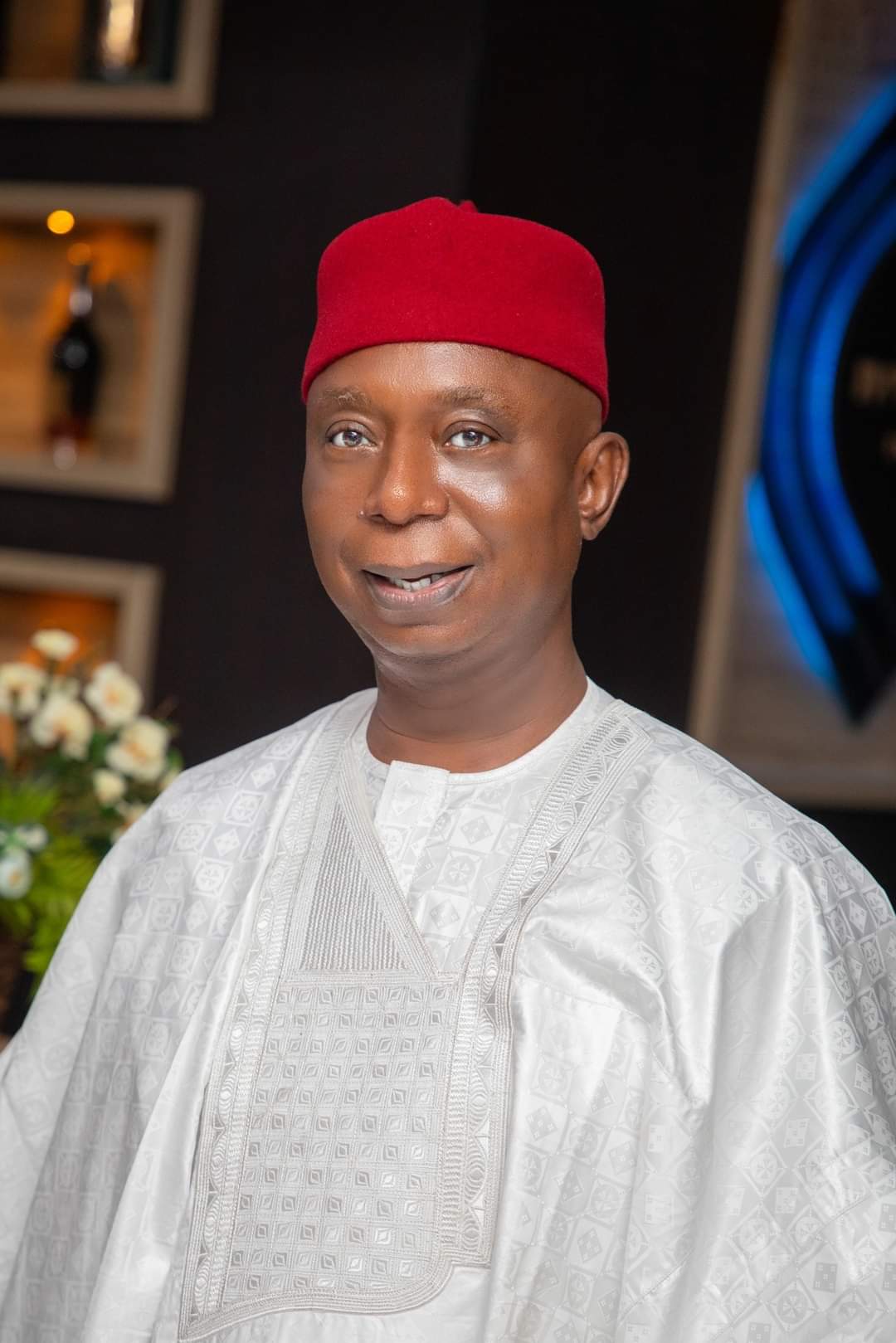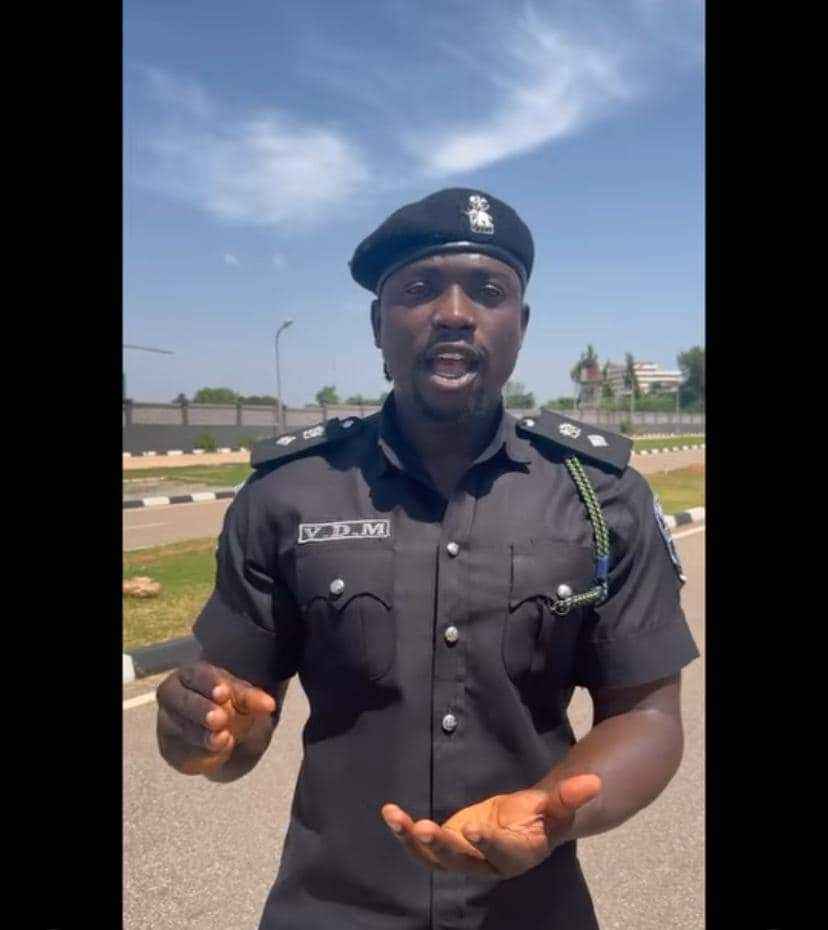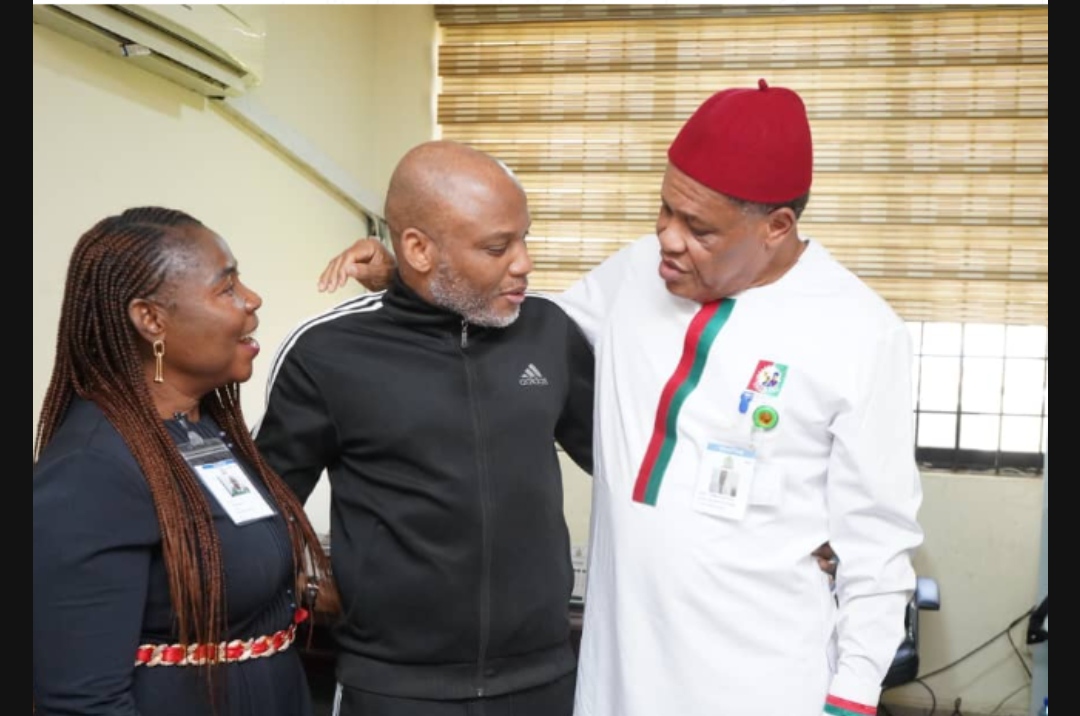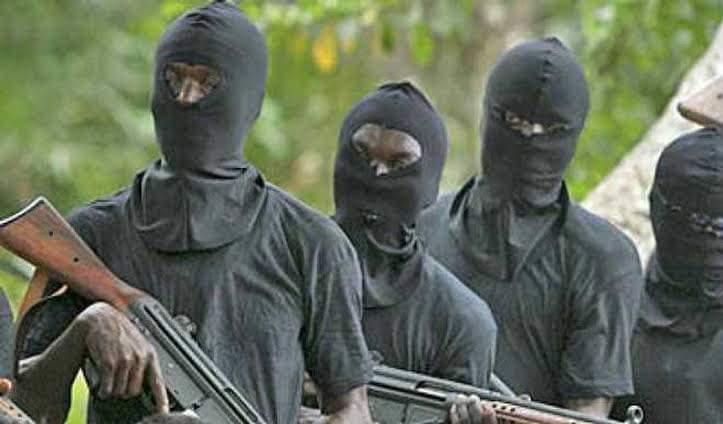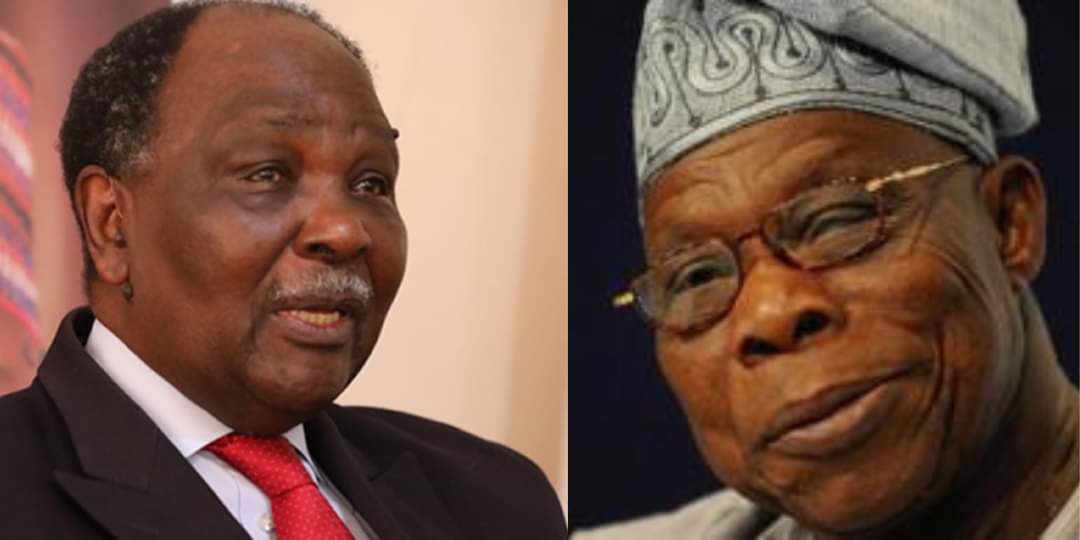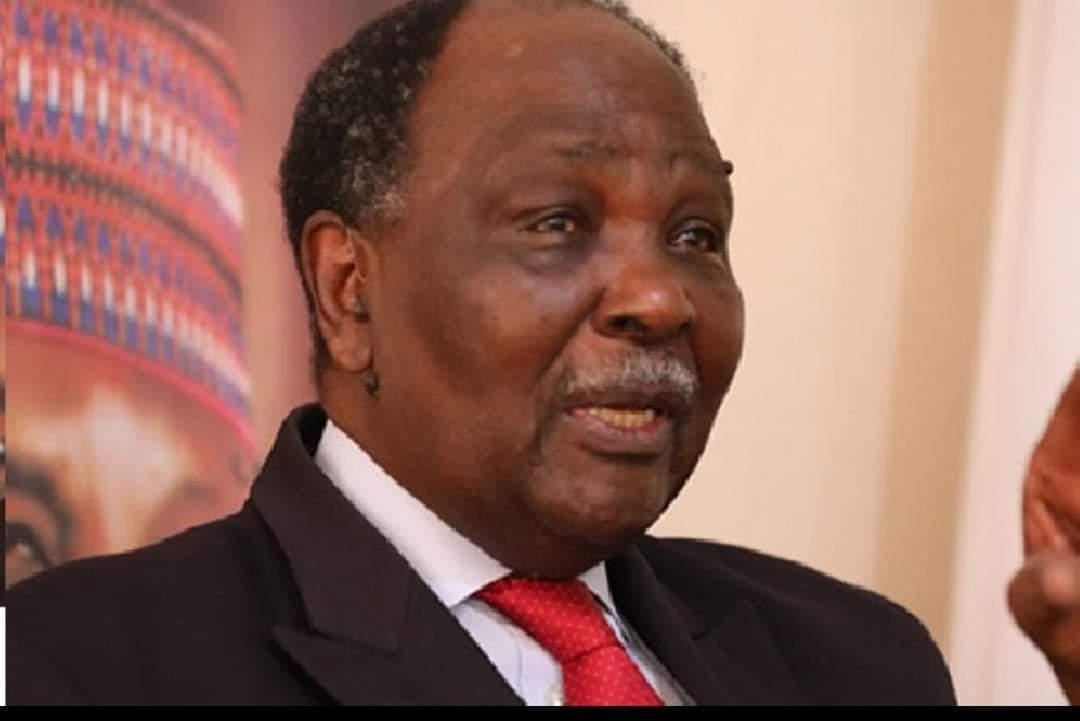Akpan Utuk, a native of the Ibibio ethnic group, became a prominent figure during the Nigerian Civil War, which began in 1967. Shortly after the war’s outbreak, Utuk joined the Biafran Army and quickly rose through the ranks, participating in several key battles throughout the war.
When Utuk was promoted to the rank of colonel, he was assigned to command the Biafran 16th Division, responsible for defending Owerri from advancing Nigerian forces. However, when Nigerian General Benjamin Adekunle shifted his focus from Owerri to Aba, Utuk allowed Major Timothy Onwuatuegwu to confront the Nigerian Army while he held back. After battles at Aba and Umuahia, Utuk was caught off guard by Adekunle’s attack on Owerri on September 17, 1968.
Initially, Utuk’s forces successfully repelled Adekunle’s troops, driving them back to Oguta. However, upon reaching Oguta, Utuk’s men faced heavy resistance and firepower from Nigerian forces. This forced Utuk to retreat to Umuahia, leaving Owerri open to Nigerian occupation.
In response, Biafran President Odumegwu Ojukwu ordered Utuk and Onwuatuegwu to retake Owerri. After seven months of fierce fighting, Utuk managed to reclaim the city. Following this, Ojukwu sent Utuk to reinforce the defenses in Umuahia.
On March 22, 1969, Nigerian General Mohammed Shuwa launched an invasion into modern-day Abia State, with 8,500 men. Despite airstrikes by MiG-17s on Uzuakoli and Arochukwu, Biafran defenses remained intact. However, on April 22, Shuwa’s troops broke through Onwuatuegwu’s defenses and captured Umuahia. In a swift counterattack, Utuk managed to retake the city after just four hours of Nigerian occupation.
Nine months after the war’s end, in January 1970, Akpan Utuk was last seen at a social gathering in Lagos. Soon after, reports emerged that the Nigerian government had kidnapped him. His fate remains unknown, till date, marking a mysterious end to the story of one of Biafra’s key military figures.
